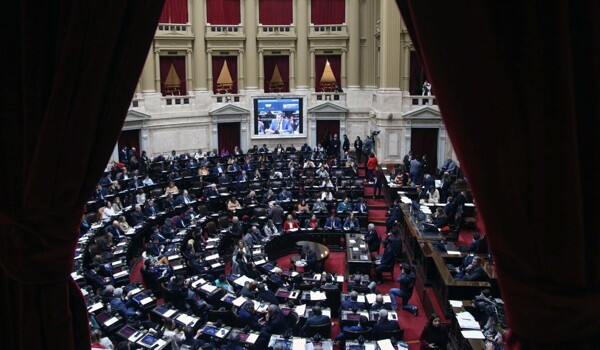
An analysis conducted by the specialist César Litvin reveals that the Argentine tax system faces serious difficulties that affect the country's competitiveness. Litvin points out that the high fiscal pressure, which exceeds 50% of GDP on the formal sector, along with the complexity of the tax scheme, creates a bureaucratic framework that discourages investment, employment, and production.
To improve competitiveness and simplify the tax system, Litvin proposes reducing fiscal pressure, eliminating distorting taxes, and avoiding the overlap of national, provincial, and municipal taxes. Furthermore, he emphasizes the importance of establishing incentives for formalization, facilitating the recovery of positive balances, and creating a more conducive environment for investment and employment.
One of the taxes that Litvin considers harmful to the economy is the Tax on Credits and Debits in Bank Accounts, implemented in 2001 as a temporary measure and which continues to be in effect more than 20 years later. This persistence of taxes generates high administrative costs and an excessive burden for compliant taxpayers, which affects the economic development of the country.
Regarding the Gross Income Tax, it is highlighted that it affects every stage of the production chain without recognizing tax credits, creating a "cascading effect" that increases costs and harms the competitiveness of companies. Unlike VAT, this tax does not allow for recovery, negatively impacting the price of exported goods.
Another obstacle mentioned by Litvin is the high number of taxes in Argentina, such as export duties that affect strategic sectors and reduce producer profitability. Additionally, export withholdings represent a challenge for the country's competitiveness.
Currently, Argentina has a total of 154 taxes at different levels of government, with only 10 of them responsible for 92% of total revenue, including VAT, Income Tax, and Gross Income Tax. According to Litvin, this multiplicity of taxes limits the economic growth and development of the country.













